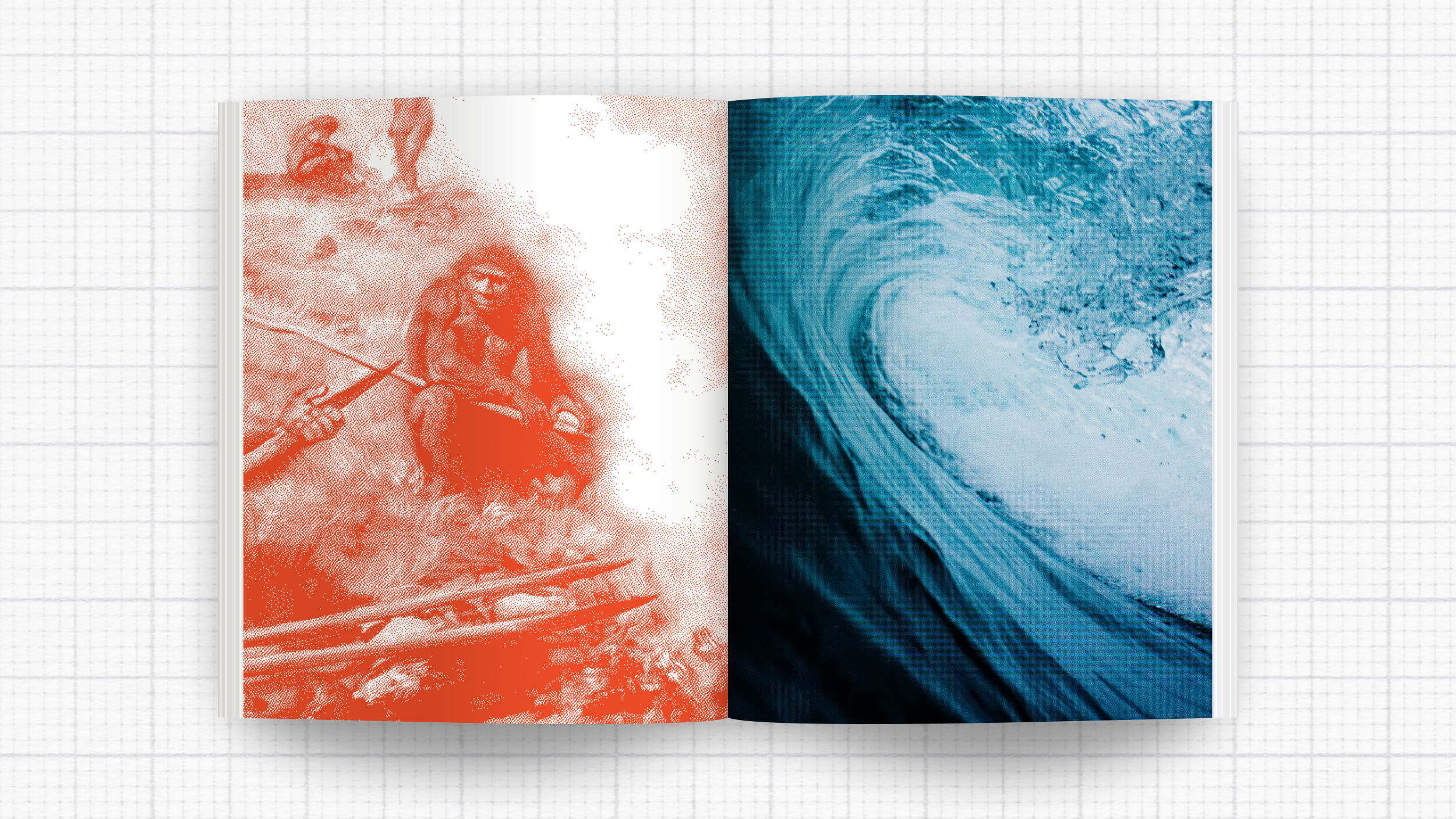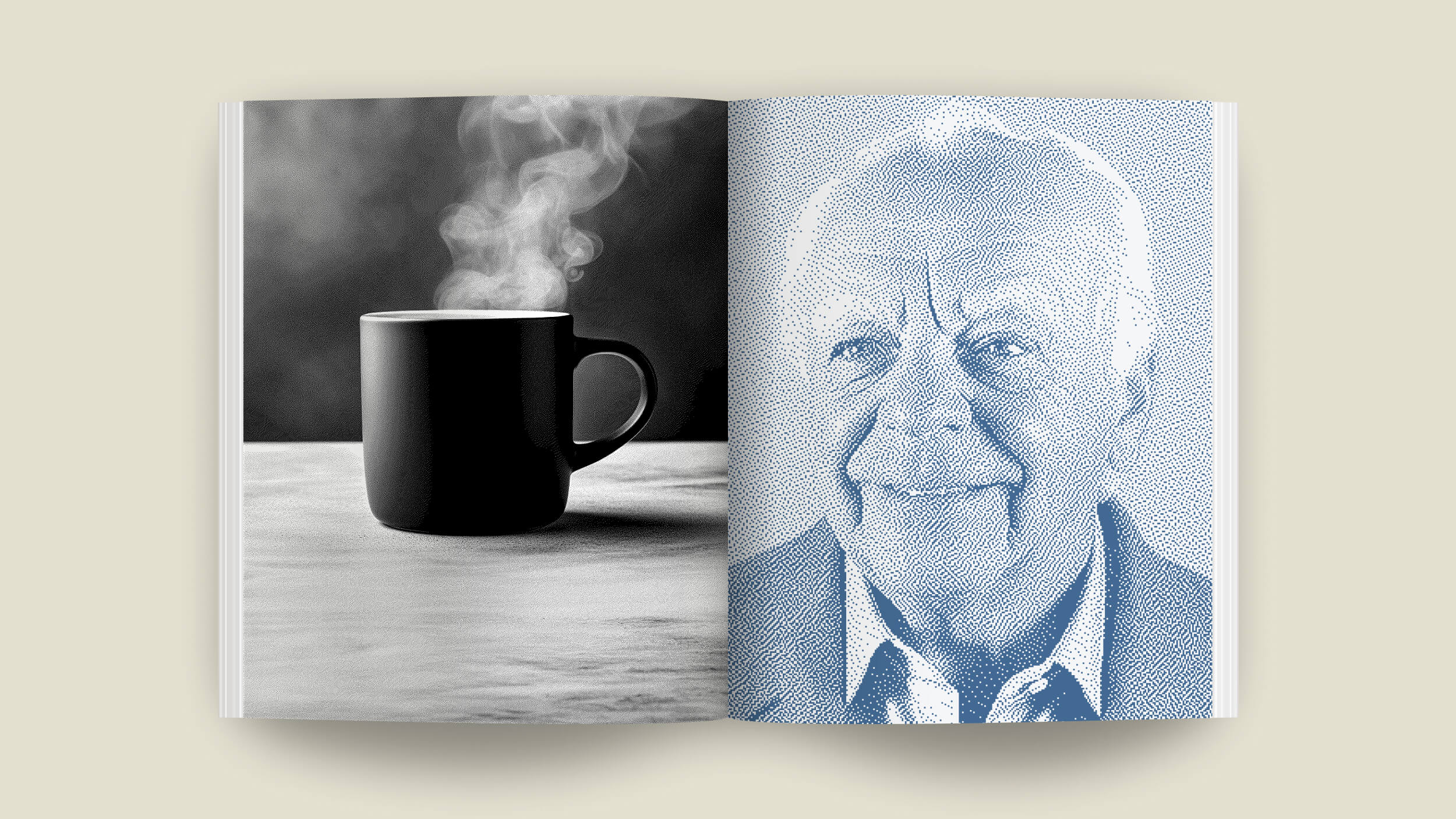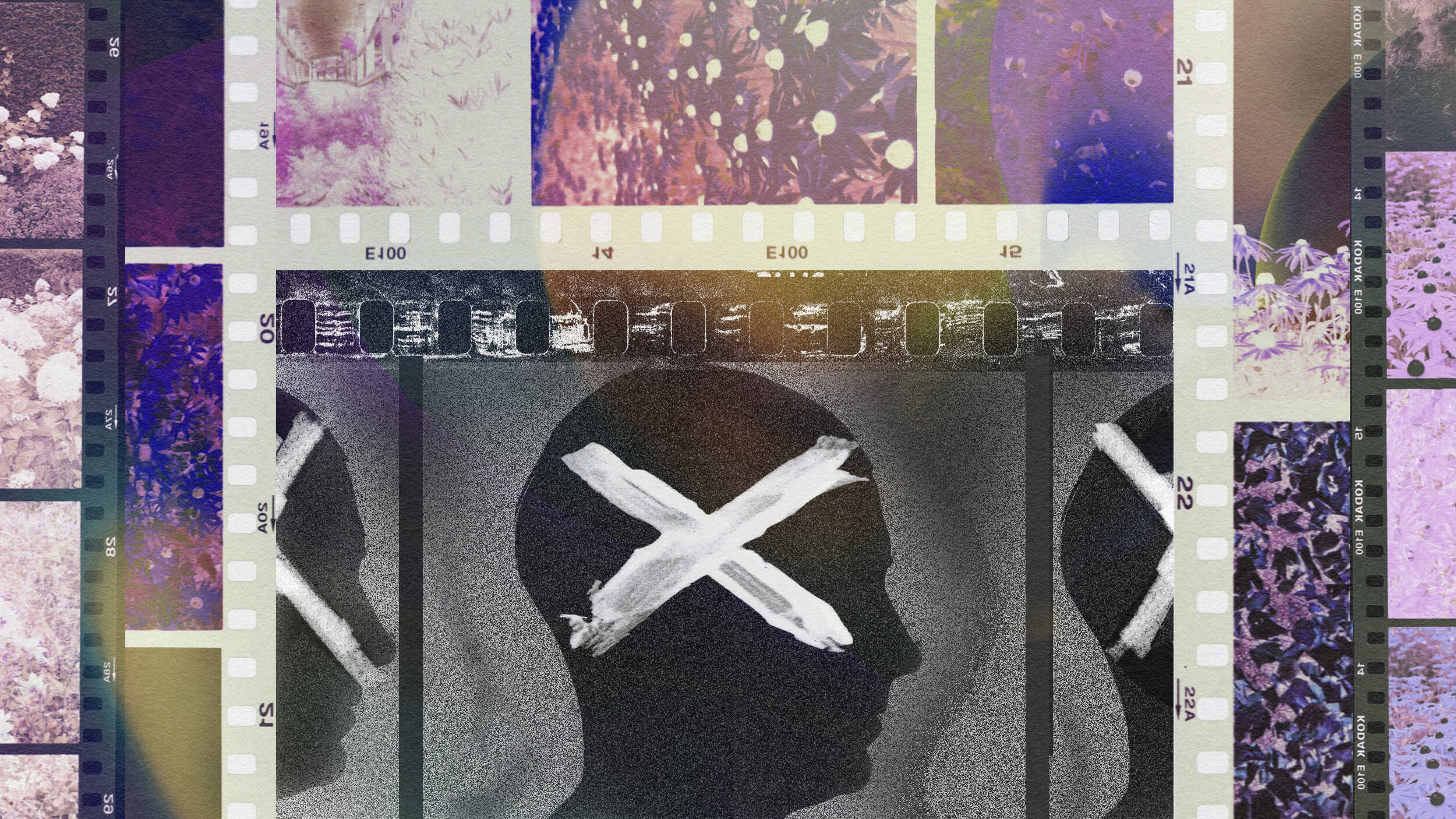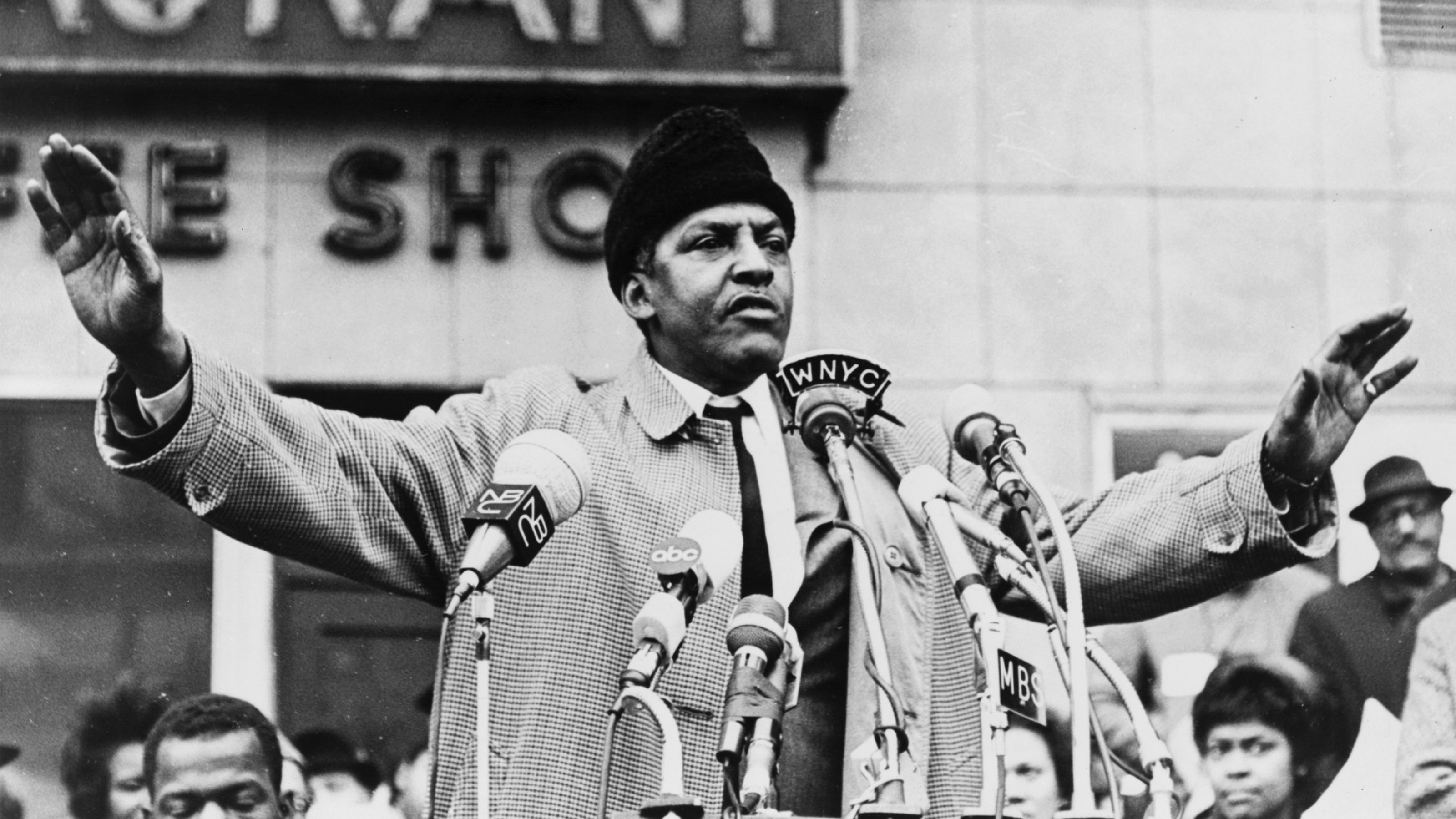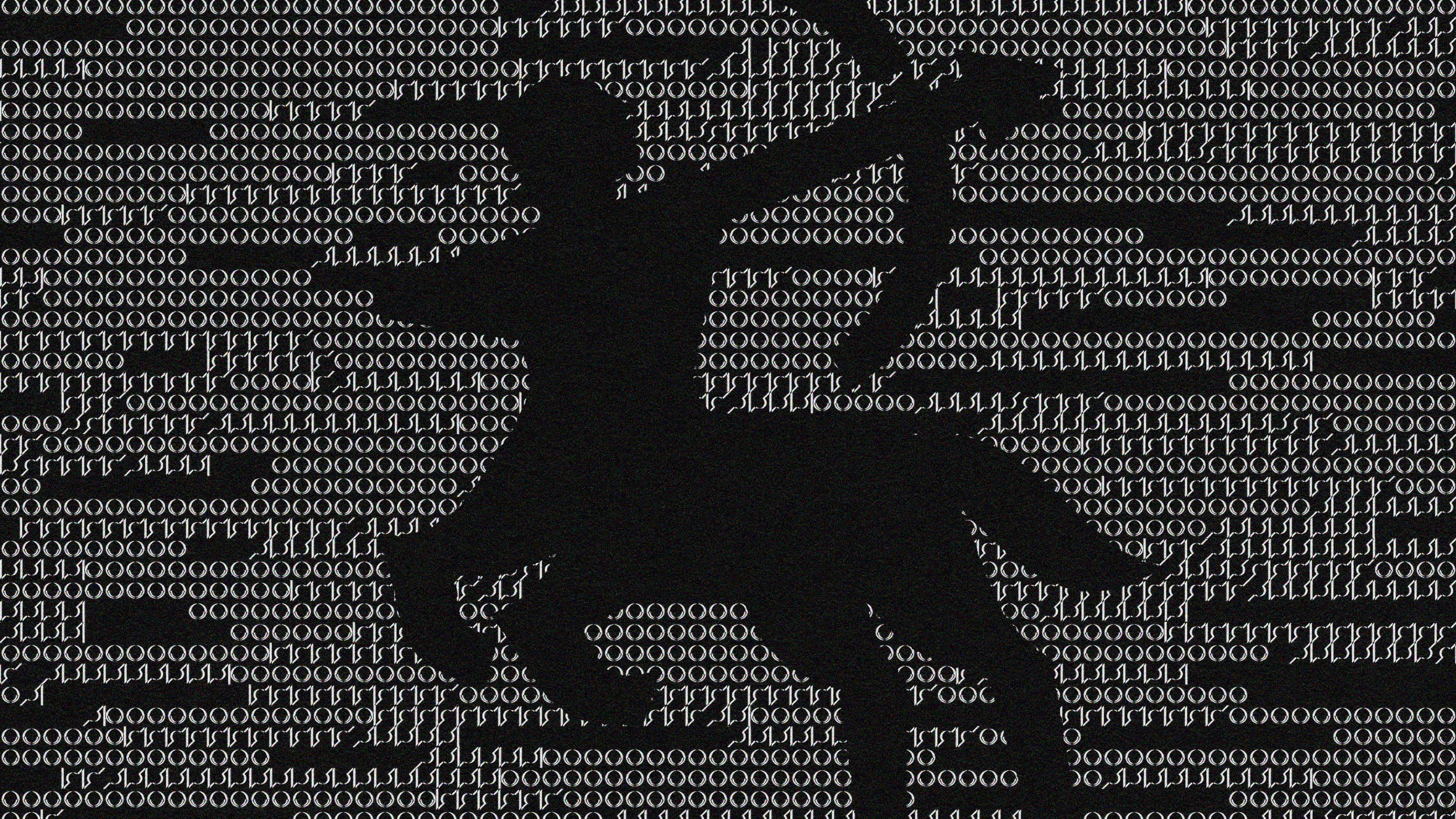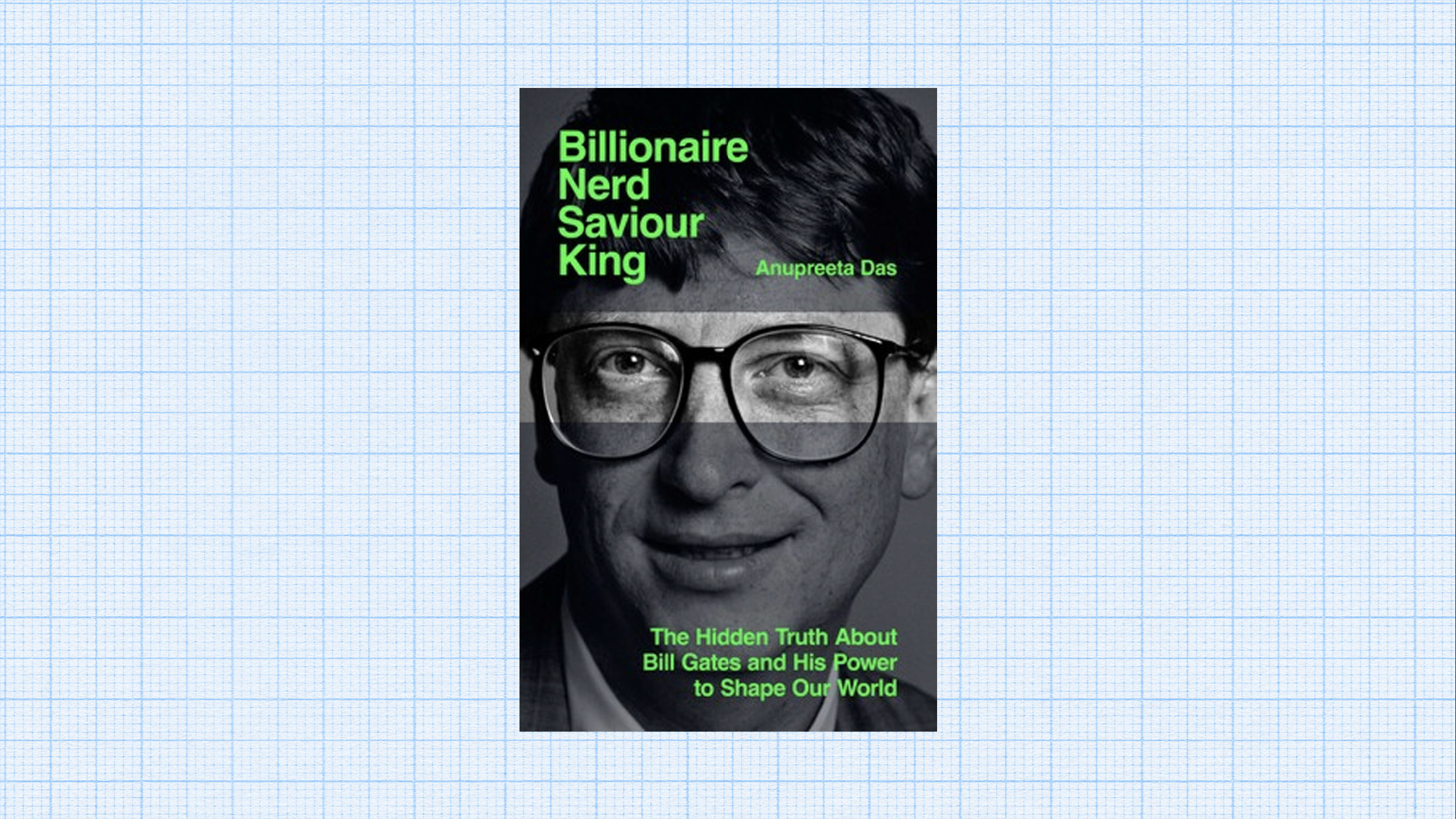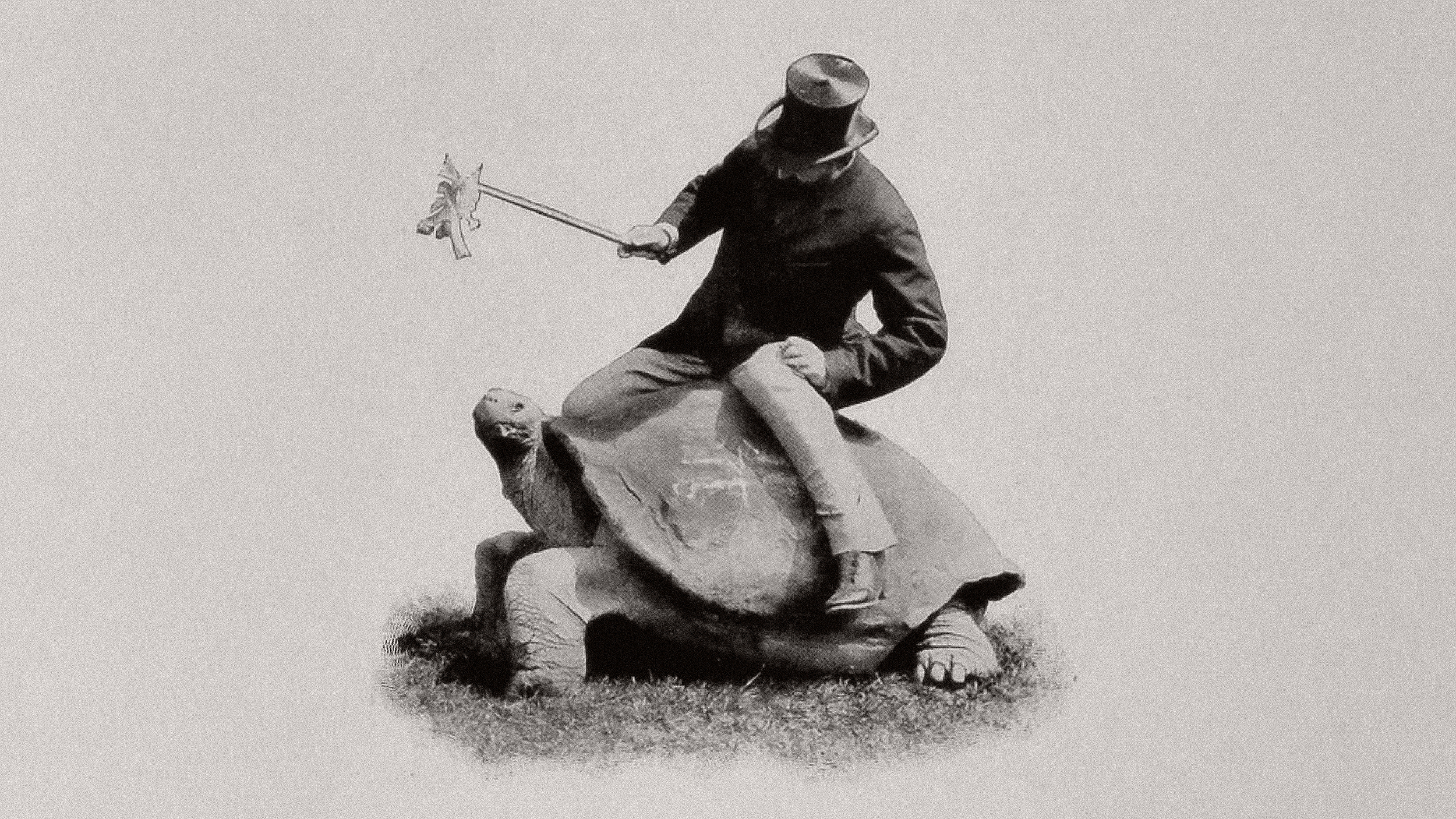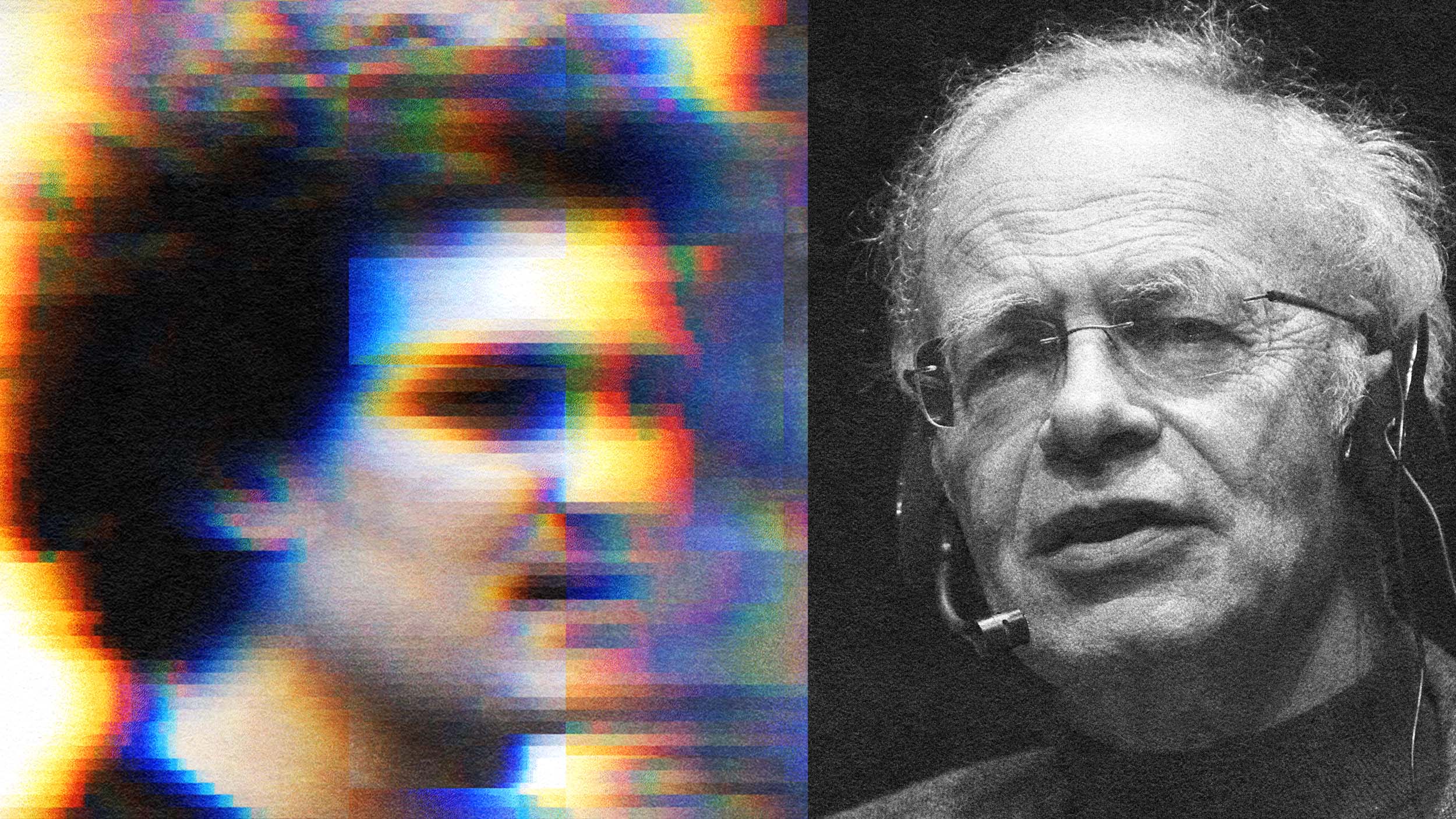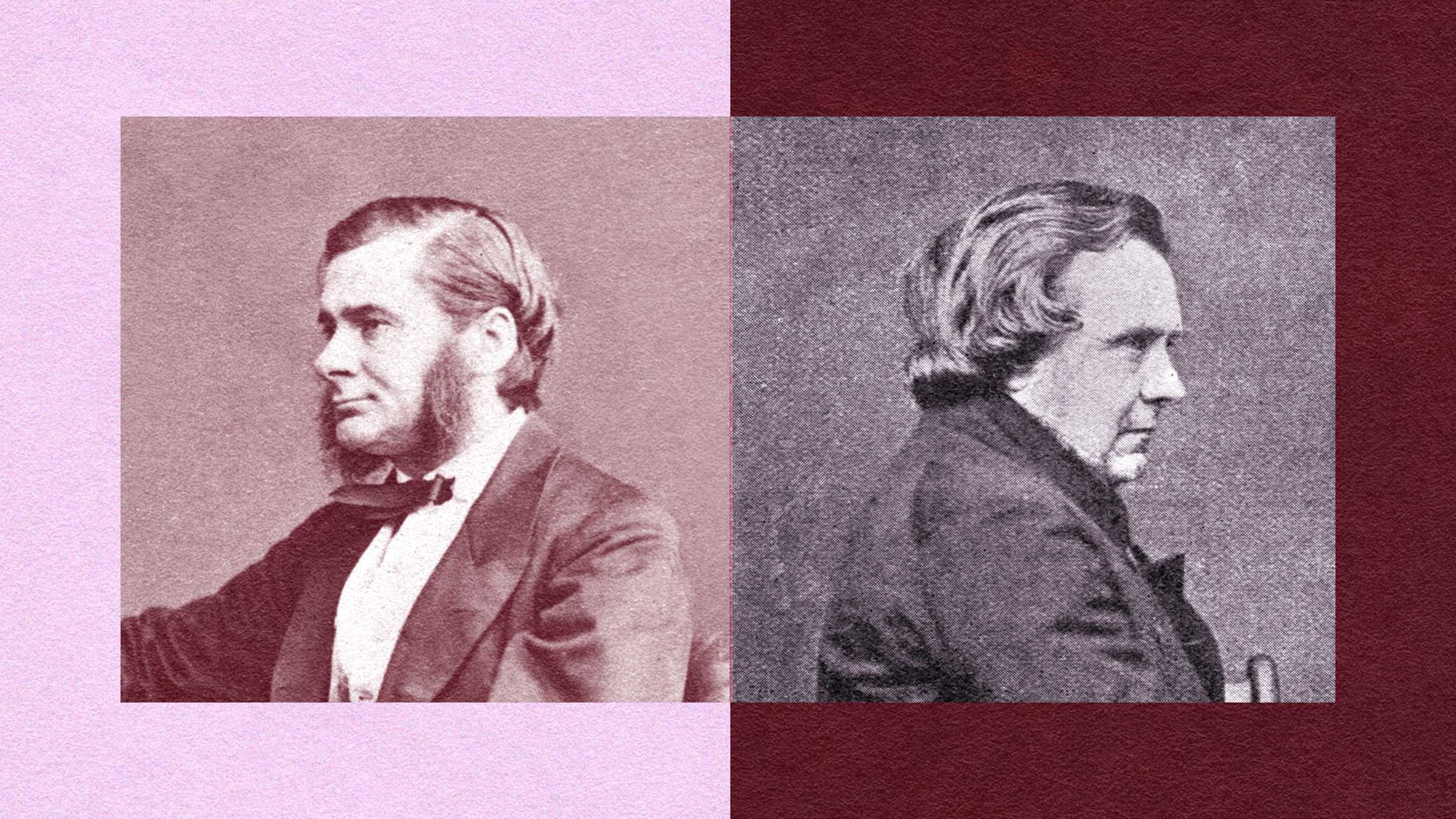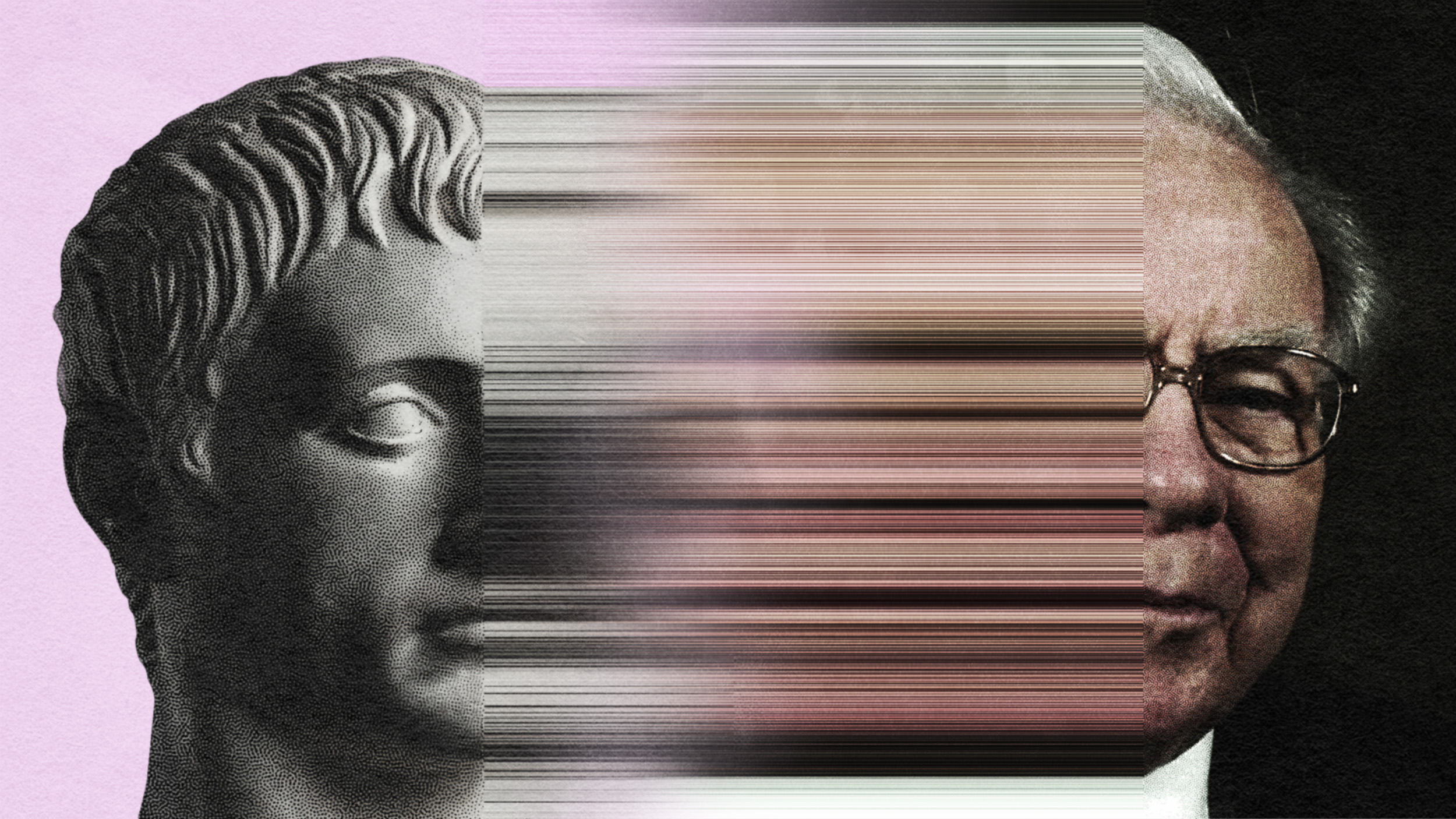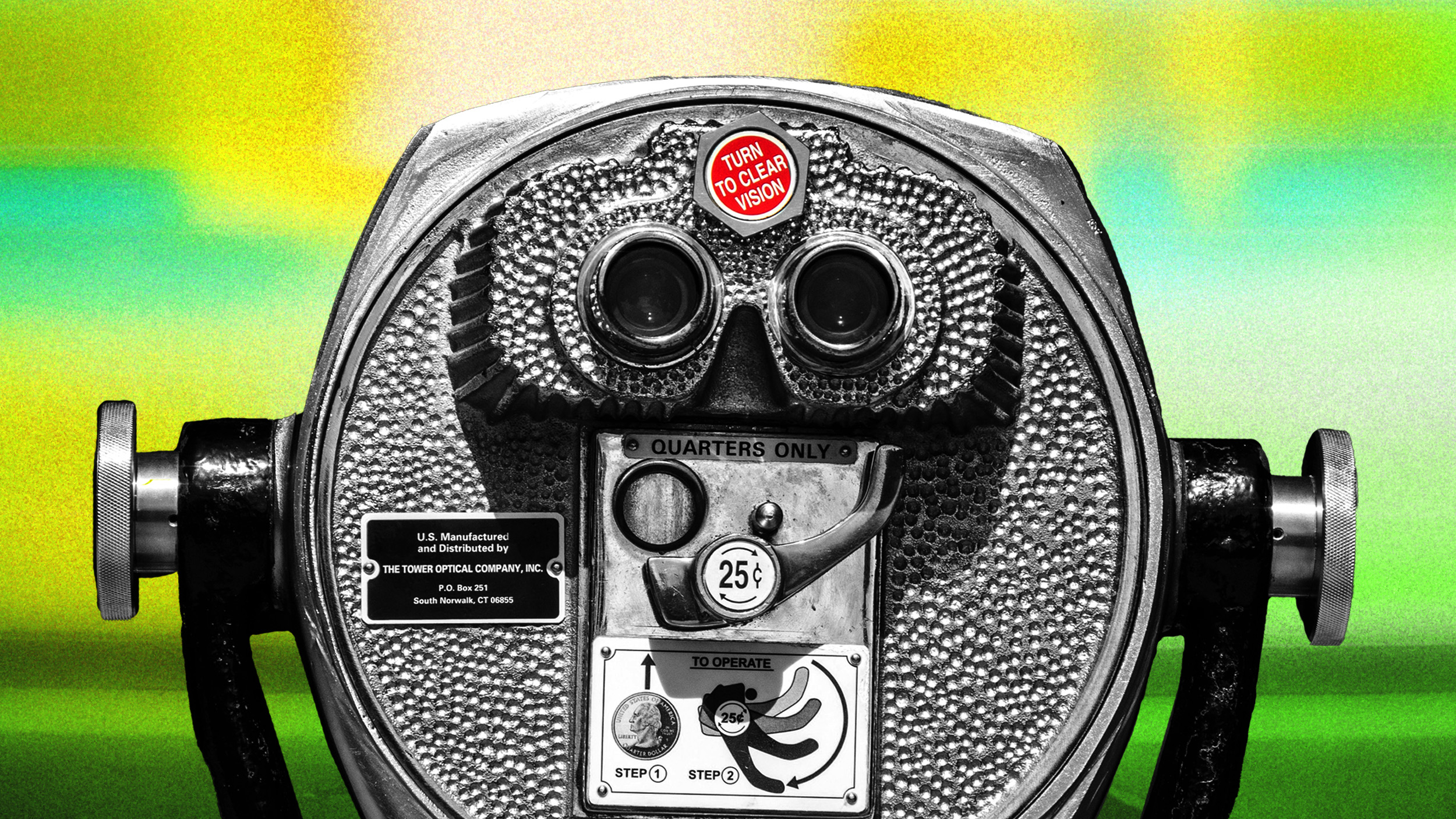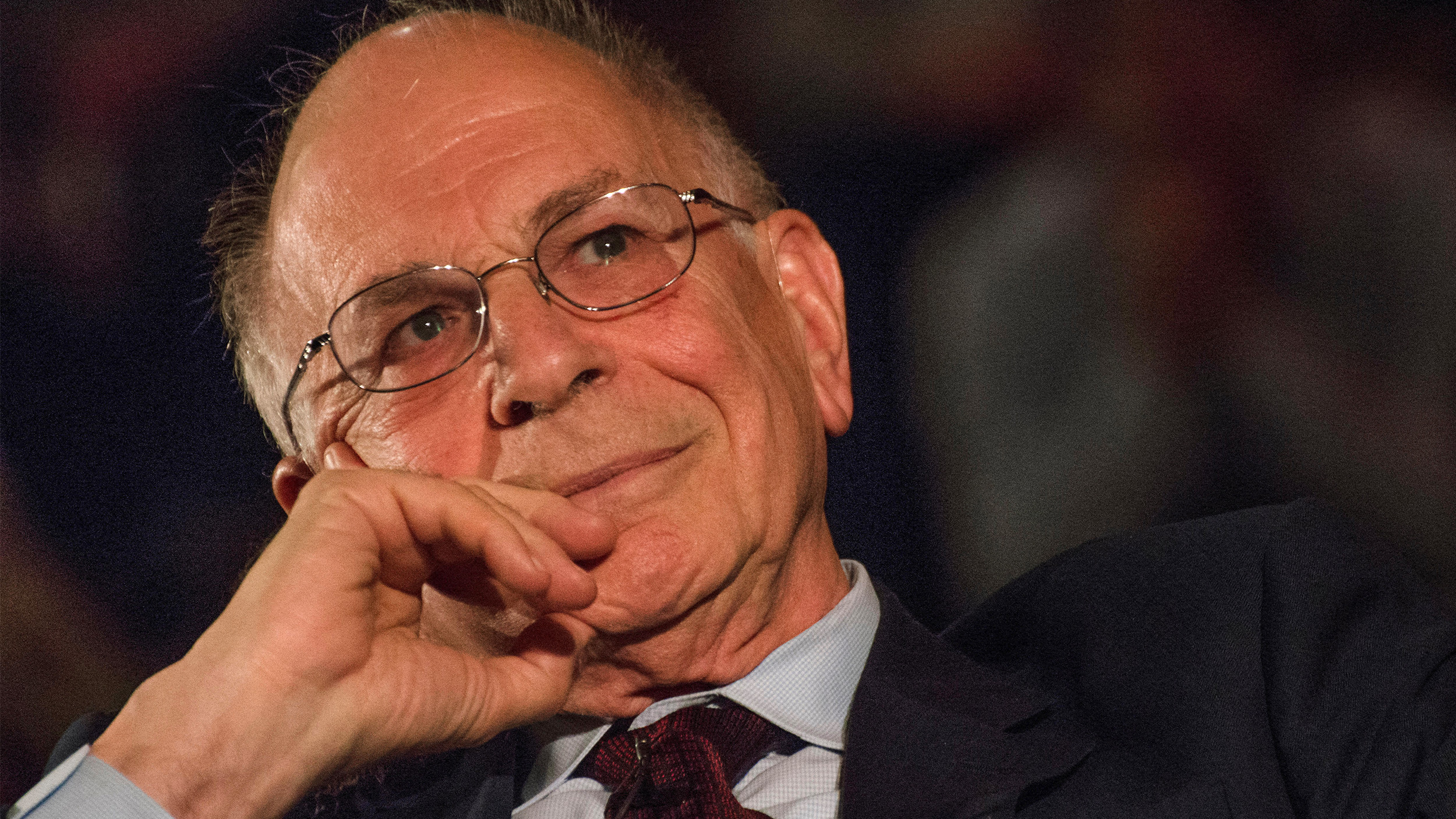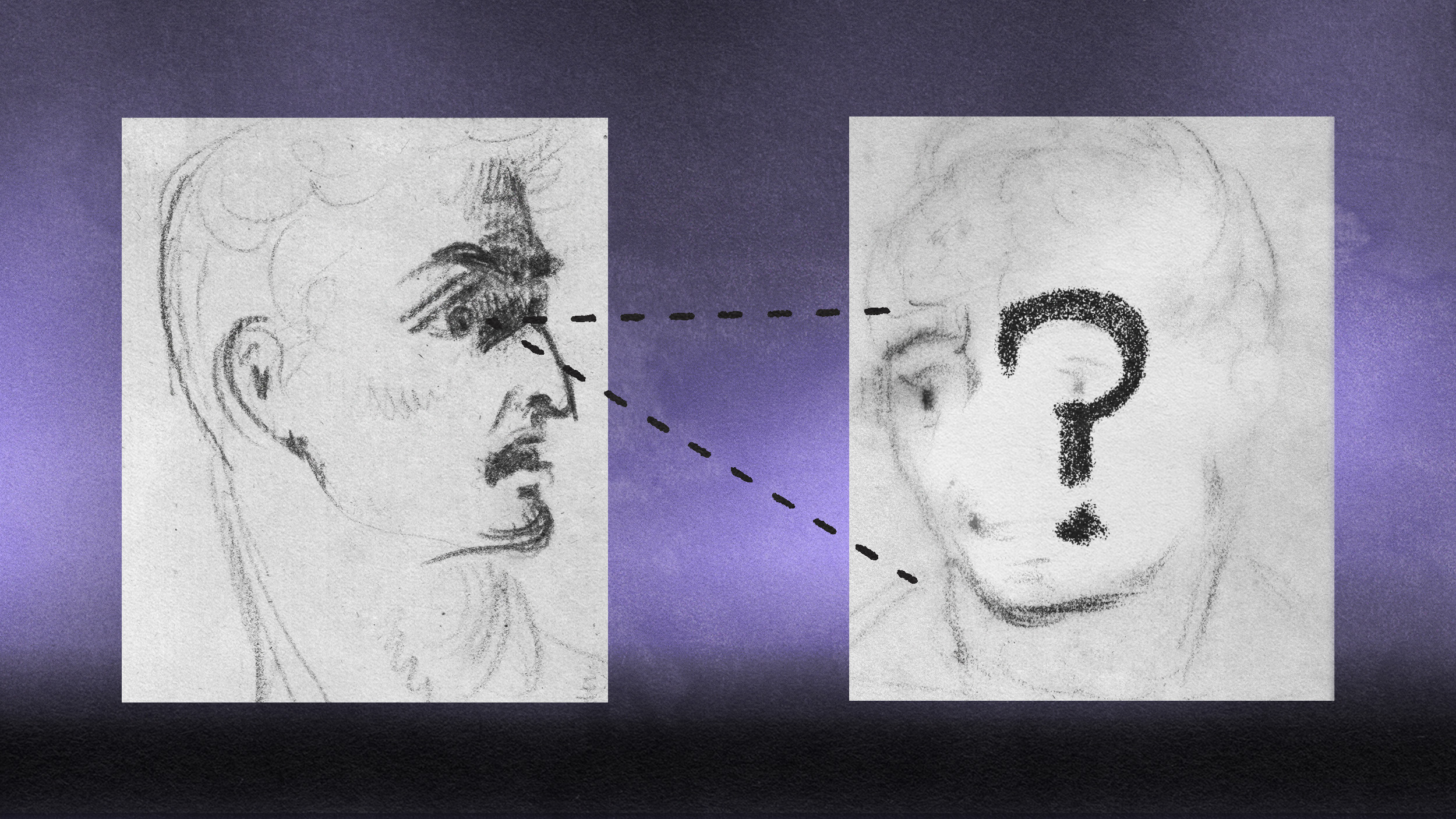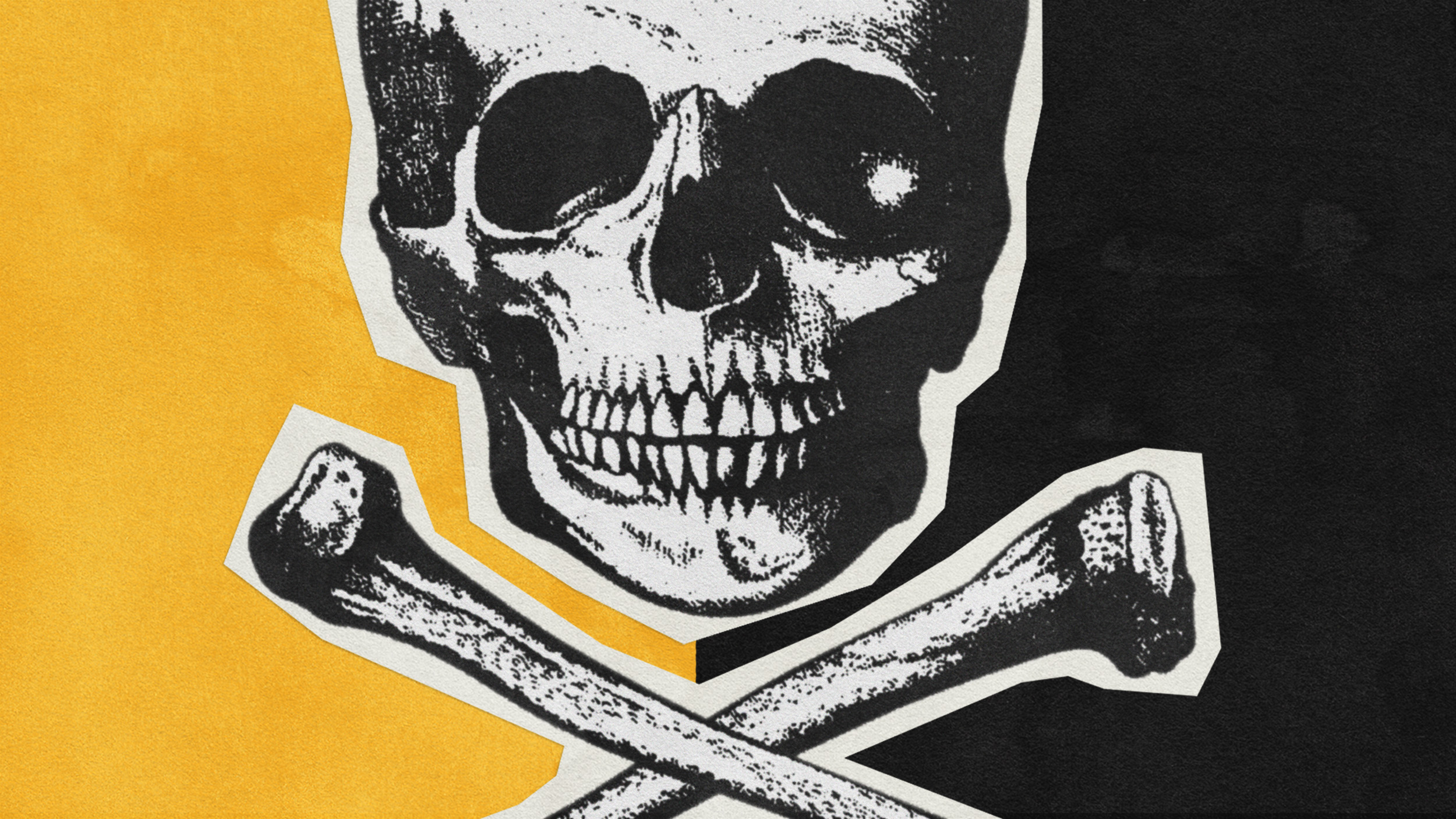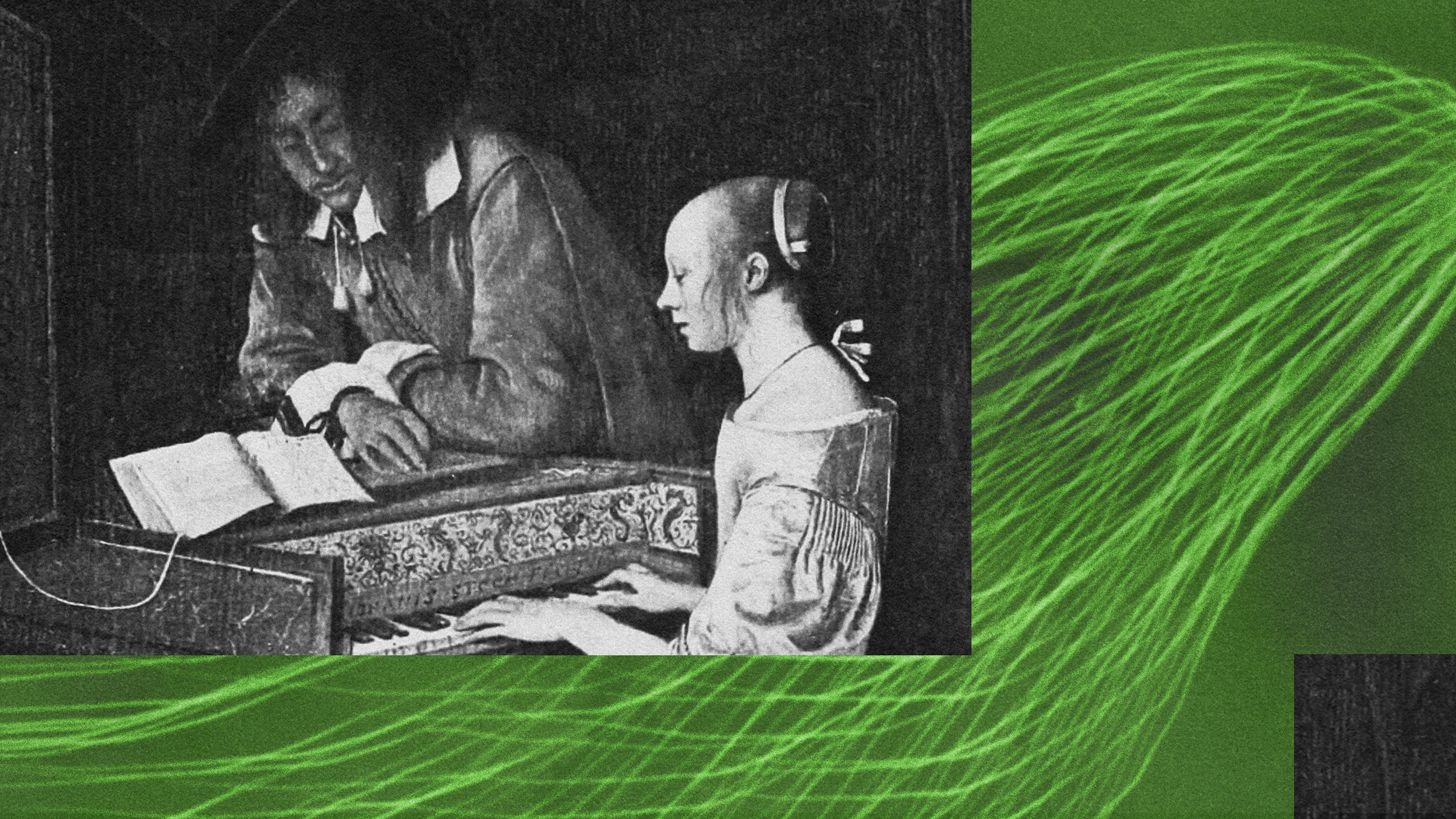books
From hunter-gathers to desk jockeys, we work best when short, intense sessions are followed by lighter fare.
Why Bob Stiller — founder and former CEO of billion-dollar beverage company Green Mountain Coffee Roasters — believes shared learnings are a win-win.
How to find the right balance between controlling teams and allowing them the agency to make mistakes — and learn from them.
How Daniel Kahneman and Amos Tversky cracked open behavioral economics and enlightened all our choices.
“No matter how long you’ve been doing a job or how good people say you are, you need to care as if you’ve never done it before.”
There’s value to be found in the arguments that make you uncomfortable — especially in a culture that has trained us to avoid them.
With the right prompts, large language models can produce quality writing — and make us question the limits of human creativity.
Most leaders get the psychology of human motivation all wrong — here’s how a presidential encounter with a leaf-sweeper puts it right.
Famed activist Bayard Rustin constantly faced the dilemma of coordinating collective pursuits among diverse groups of people.
Evidence shows that “centaurs” — human–AI teaming — produce better performance than either people or software can achieve alone.
How “Catastrophe and Social Change” (1920) became the first systematic analysis of human behavior in a disaster.
He peppers his sentences with words like “neat” and “cool,” he’s not great at working the room after dinner — oh, and he’s a peerless visionary.
Slowing growth and limiting development isn’t living in harmony with nature—it is surrendering in a battle.
Why dispelling the notion that it’s all about getting the correct answer is so powerful.
When caught between the urge for wholesale change and fear of stasis, the best approach is to take it easy.
From surviving on wild plants and game to controlling our world with technology, humanity’s journey of progress is a story of expanding human agency.
“The movement is much bigger than Sam Bankman-Fried, or any one person, no matter how wealthy,” philosopher Peter Singer told Big Think.
The true story of the shot that “reverberated through England” when science collided head-on with religion.
The best of all investor attributes is easily attained — and unbeatable in combination with other advantages.
Google’s first Chief Innovation Evangelist — Frederik Pferdt — lays out a map for navigating unprecedented change and innovation.
In “Moral Ambition,” Dutch historian Rutger Bregman argues that all would benefit from a collective redefinition of success.
Half a century ago, idealistic punks shook a fist at the status quo — and their legacy is a blueprint for modern leadership.
Cognitive systems famously posited by psychologist Daniel Kahneman (1934-2024) may hold the key to a more productive and focused work environment.
Cody Delistraty explores if laughter can help alleviate the physical symptoms of grief.
Our “embodied minds” suggest an eventual escape from mortality via computer is unlikely.
To understand others, you need to see past their fleeting emotions. You must perceive who they are as people.
Why Netflix adopted the “No Brilliant Asshole” rule — and how to make sure bullies don’t destroy teams.
The benefits of learning with guidance are clear — but the expert and the novice must have a shared understanding of the goal.
From Nick Carraway to Charles Marlow, these side characters offered truths their scene-stealing protagonists couldn’t.
Acclaimed writer Mauro Javier Cárdenas used AI in his latest work to surprising effect.
